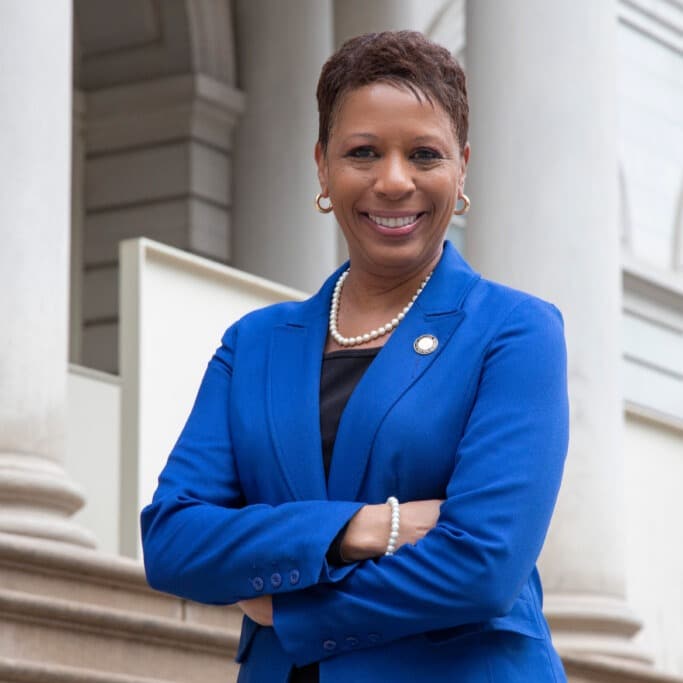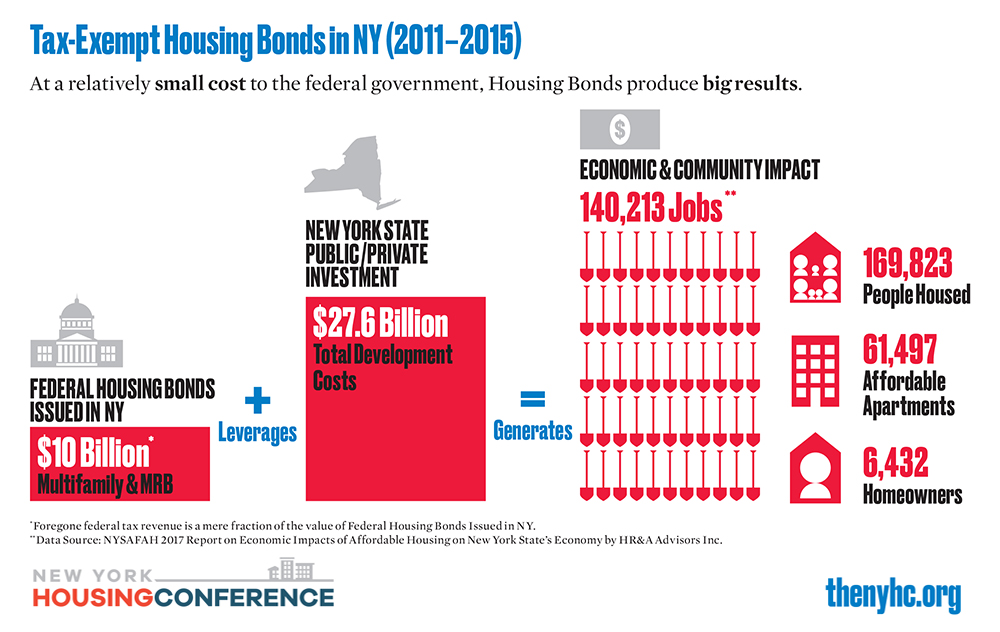
New York City Council Speaker
Responses to NYHC Questionnaire
What are your priorities in an affordable housing plan – including rental and homeownership?
New York City’s capital funding for housing decreases from $4.3 billion in FY2026 to $2.4 billion in FY2027 or less the following years. What are your priorities for the ten-year capital plan in terms of how much funding will you allocate annually? How will you pay for it?
The city’s housing shortage must be aggressively confronted by advancing greater housing development that provides more homes for New Yorkers to lower housing costs. All types of housing are needed, including deeply affordable housing, and every neighborhood must contribute to its production. This is consistent with the Fair Housing Framework law I enacted and the City of Yes for Housing Opportunity zoning reform and City for All housing plan I shepherded to approval as Speaker. Annual capital funding for housing should at least be $4 billion to ensure the City is creating enough housing and the funding I secured through City for All should be supplementary.
New York City’s public housing is chronically underfunded. NYCHA currently needs $78 billion in capital funding to bring housing up to good repair. What will you do to address the needs of NYCHA?
Do you support the PACT program?
Do you support the Public Housing Preservation Trust?
Too often, mayoral administrations have not made accountability and transparency in the management of NYCHA a priority and have relied entirely on PACT and the Preservation Trust. Yet, that ignores more immediate solutions to address the unacceptable conditions of some NYCHA residents. I will make NYCHA a major pillar of my housing agenda, dedicating greater city funding to fix Section 9 units in which residents currently reside to improve their condition, while also ensuring more effective management and advocating for increased funding from the state. I will also prioritize more quickly returning the thousands of vacant NYCHA apartments to be inhabited, as we cannot afford potential apartments under public control to sit vacant during a housing crisis.
While developments that support PACT and the Preservation Trust should be supported to participate in those programs as an option, I oppose any broad privatization effort. The immediate living conditions of public housing developments and residents must be addressed with urgency. I will pursue innovative solutions that preserve Section 9 public housing units, so that there are other viable options available to stabilize NYCHA beyond just conversions of apartments to Section 8.
In existing developments that have been converted through PACT, the Council has advanced accountability and transparency requirements through a new law that I would build on so residents are protected.
Homelessness in New York City is higher per capita than almost anywhere in the country and has been growing substantially. In New York City, more than 140,000 people experienced homelessness last year, a 78% increase from five years ago. What specific strategies and programs will your administration use to decrease homelessness?
Do you support expansion of CityFHEPS?
I led the Council to pass laws that reform CityFHEPS by reducing its eligibility barriers that block New Yorkers from accessing its housing assistance. On behalf of the Council, I sued the Mayor for his administration’s refusal to implement these laws and remain in ongoing litigation. As Mayor, I will implement these laws in a sensible way that maximizes the use of housing assistance to reduce homelessness – helping prevent people from losing their homes by eviction and supporting faster transitions from homeless shelters.
The key to decreasing homelessness is expanding our city’s housing stock across the board, and ensuring more effective pathways for people to access and maintain permanent housing.
I will also aggressively shift our city towards employing the “housing first” approach that has proven successful in reducing homelessness for years, including in other cities. The current administration has been too tepid in embracing this proven model, and stabilizing lives by getting people into supportive housing quicker is the approach we should be taking. We also must enact reforms that sustain supportive housing units and increase their accessibility, while increasing our investments. As part of my City for All plan, I secured $137 million in new capital funding for supportive housing and I will build on this increased support by strengthening the 15/15 supportive housing program to utilize congregate sites and Justice Involved Supportive Housing to ensure justice-involved New Yorkers have housing that reduces homelessness and recidivism.
In 2024, the City passed the City of Yes for Housing Opportunity to add more housing in every neighborhood. This will add 80,000 units of housing over the next 15 years. What will you do to allow for more housing supply and more equitable housing development in New York City?
How will you utilize zoning tools to address the crisis?
Will you support existing or new real estate tax incentives like 485-x?
I led the Council to pass a revised version of the administration’s proposed zoning reforms as my City for All housing plan that incorporated other housing and neighborhood needs. I secured $5 billion to support necessary investments into affordable housing and homeownership programs, tenant protections, and other solutions that increase affordability, housing security, and the strength of our neighborhoods.
Changes, under my leadership, included Mandatory Inclusionary Housing fixes to require more deeply affordable housing, expanded inclusionary zoning that incentivizes the creation of affordable housing citywide for the first time in NYC history, and increased affordable housing development and preservation.
As Mayor, I will continue to build on these efforts. I secured new city planning studies of communities across the city that precede neighborhood rezonings and will advance these rezonings in partnership with communities to produce more housing. I will ensure the approximately $8 billion secured through my efforts are effectively employed to produce and preserve more affordable housing, in addition to new capital funding increases that ensure at least $4 billion per year. Affordable housing incentives will be key to creating more homes and I will also ensure my administration works closely with churches that seek to build housing. I will also ensure my Fair Housing Framework law that requires every community in our city to contribute towards solving the housing crisis is implemented in practice.
My efforts will also continue to include increased capacity and staff at housing agencies to expedite the creation and preservation of affordable homes.
Do you support the State’s rent stabilization laws, and will you seek any changes?
What will be your priorities in appointing members of the Rent Guidelines Board?
I support the State’s rent stabilization laws and I would support improvements that help increase housing security and affordability. I will seek funding and policies that incentivize rehabilitation and restoration of vacant units, so there are more affordable homes available, while preserving strong tenant protections. I will ensure members of the Rent Guidelines Board reflect the diversity of New Yorkers’ housing experiences.









